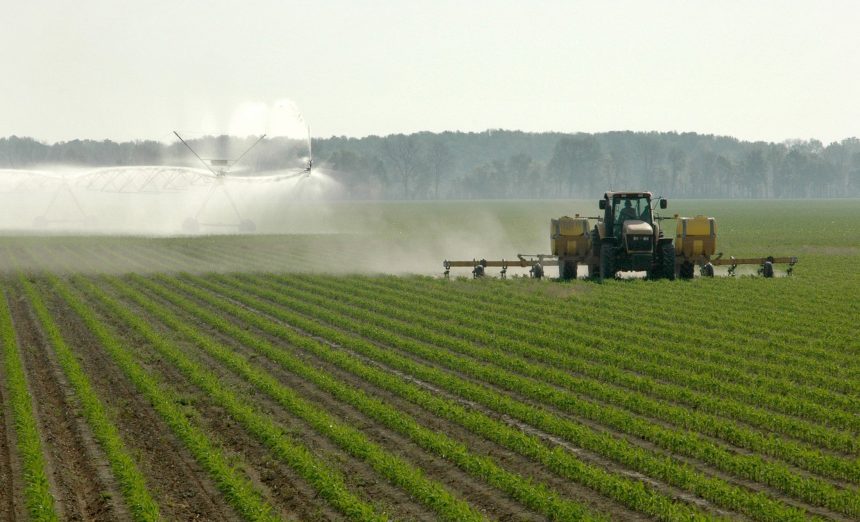The U.S. Department of Agriculture (USDA) is helping fund a fight spearheaded by Mississippi State University against destructive pests and diseases threatening farms and forests.
Approximately $667,000 in USDA grant money is supporting multiple initiatives through the university’s Mississippi Agricultural and Forestry Experiment Station (MAFES), including diagnostic screening, youth education, and citizen science programs.
The Mississippi Entomological Museum, a center within MAFES, is one of just two USDA identification labs in the country, processing more than 25,000 samples annually to detect more than 49 invasive pests across 12 states. The work supports quarantine decisions and pest management planning.
The MAFES team also leads pest monitoring efforts across Mississippi in 24 counties and 22 state parks, targeting threats including Asian defoliators, pine pests, and exotic bark beetles.
RELATED: Mississippi State joining nationwide effort to combat pesticide-resistant weeds
“What we do is vital to protect crops, natural resources, and people every day,” said Jennifer Seltzer, an MSU Department of Agricultural and Plant Protection program manager who oversees the Mississippi Entomological Museum Screening Center. “I walk through a farmers market and think, ‘We didn’t grow this, but we helped protect it.’ That makes me proud—not just of our work, but that Mississippi is leading the way against invasive insects.”
The grant also funds “Bug Blues” — an outreach program aiming to engage 60,000 elementary students through high schoolers via school visits, fairs, and camps that raise awareness about invasive insects.
Set to begin this year, a new citizen science program titled “MSU Bug Eyes” will enroll expert gardeners and volunteers across the state to help detect invasive species. Volunteers will monitor traps at schools and report sightings, expanding the detection network statewide.
“This funding strengthens our three-part land-grant mission: research, education, and service,” Hill said. “And helps us better protect agriculture and natural resources in Mississippi and across the U.S.”









